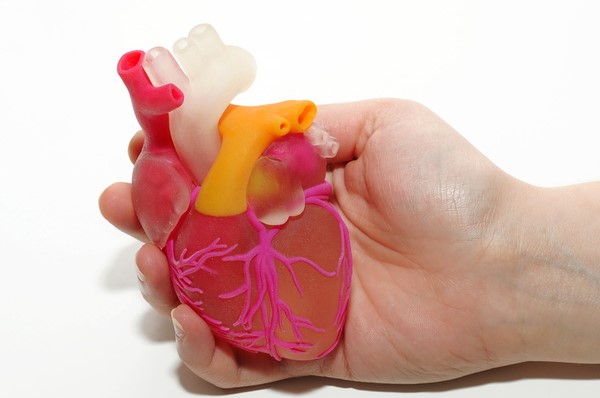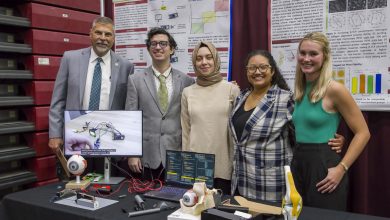Does Your Pre-Med Major Matter?
When medical school is part of the plan, many students assume their major must involve science, but more and more students are seeing that variety can be a very healthy choice when it comes to selecting the perfect pre-med major.

While science and technology schools like Florida Tech offer a vast selection of science majors to choose from, there is nothing written in the rules that says you have to select science.
Medical schools don’t require a science major for students seeking admission and accept students with a variety of majors. In fact, according to the Association of American Medical Colleges (AAMC), listed among the five most popular undergraduate majors for students who enrolled in medical school during the 2015-2016 academic year were; Humanities, Social Sciences and “Other.

Criteria for Choosing a Pre-Med Major
You must weigh the pros and cons of selecting a science or non-science major before seeking medical school admission. It’s important to choose a major in which you have interest and passion, one that you enjoy and can excel in, since medical schools will be looking for a high GPA. Majors that provide skills you will use in the medical profession are also good choices, and these can include some majors you wouldn’t think would be beneficial to future doctors.
Some non-traditional majors of a pre-med student include:
- Psychology: A major that can help you gain understanding of human behavior and interactions
- Strategic Communication: To become a better thinker, communicator and writer
- Business Administration, Healthcare Management: Learn more about healthcare organizations, managed care, medical ethics, health planning and policy management.
Preparation for the MCAT, a test that will be used for evaluation when you apply to medical school, is always part of the undergraduate experience for pre-med students. Although you may pursue a non-science major, you will be required to take certain science and math courses as part of a pre-med track.
Courses typically required for pre-med students include anatomy, chemistry, organic chemistry and calculus, as well as ethics and statistics in many cases. Most students can fit these courses into any undergraduate major they choose to pursue by taking elective courses in addition to their major.
Why Choose a Science Major?
Still, the choice of many students is a pre-med major that involves science because of the direct applications to the field of medicine. A degree like Biomedical Science will give students a good scientific background that will be useful to them as they pursue an advanced degree in medicine. As medicine becomes more and more technological, a Computer Science degree could also dovetail quite nicely with developing medical technologies.
An undergraduate science major could be especially important to pursue for students whose skills in these areas are underdeveloped or weak. If you have taken college-level science courses while in high school or otherwise furthered your scientific knowledge before college, a science major can build on those strengths and help you be even more prepared to enter medical school after graduation.
Another pre-med major to consider is biomedical engineering. At Florida Institute of Technology, biomedical engineering students may be able to take advantage of a clinical rotation as well as formulating a senior project in which they create a biomedical device and implement or test it in a real-life setting.
Biomedical engineering is focused on the creation and implementation of medical devices that can improve treatment and be more effective for patients. Florida Institute of Technology also prepares students seeking a pre-med track to excel on the MCAT and get accepted to a top quality medical school like Boston University or the University of Maryland, which have both recently accepted FIT students.
If a biomedical engineering degree is what interest you the most, learn more here.
If it’s biomedical science …
%CODE2BIOMEDICALSCIENCE%





